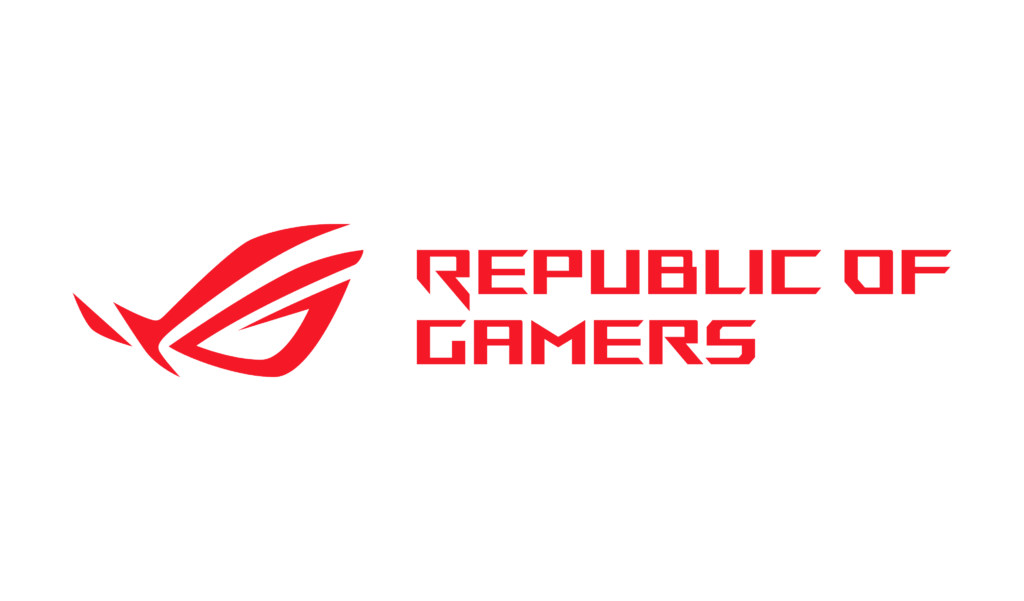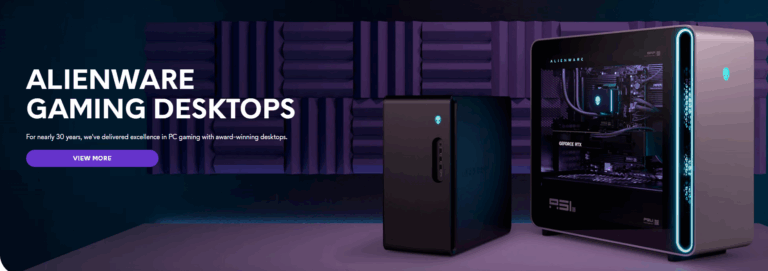Last Updated on August 7, 2025
We have compiled content related to gaming computers.
Desktop Gaming PC
A desktop gaming PC is a powerful, customizable computer built specifically for high-performance gaming. Desktop gaming PCs offer excellent cooling, upgradeability, and the ability to house the most powerful hardware available. Because of their size, desktops can use large graphics cards, advanced cooling systems, and multiple storage drives. Gamers who want the ultimate experience in performance, visuals, and customizability often choose desktop setups.
Laptop Gaming PC
Laptop gaming PCs pack high-end hardware into portable, slim designs. Modern gaming laptops can rival desktops in terms of performance thanks to advancements in mobile CPUs and GPUs. While portability and convenience are the key advantages, gaming laptops typically have limited upgradeability and may generate more heat during heavy use. However, for gamers on the go or those with limited space, a gaming laptop is a fantastic choice.
Introducing Major Gaming PC Manufacturers
There are several renowned manufacturers that produce high-performance gaming PCs. Leading brands include Alienware, ASUS (Republic of Gamers), Acer (Predator series), HP (OMEN series), and MSI. Each brand offers unique designs, powerful hardware configurations, and features tailored for gamers. Choosing a trusted manufacturer ensures both quality and support for your gaming experience.
Dell (Alienware)

Dell’s Alienware brand is famous for premium gaming desktops and laptops. Known for distinctive design and advanced cooling, Alienware PCs deliver powerful performance for demanding gamers.
Razer

Razer is well-known for stylish, portable gaming laptops like the Razer Blade series. Their devices offer high-end specs in slim, lightweight builds, popular among both gamers and creators.
HP (OMEN Series)

HP’s OMEN series combines strong gaming performance with innovative features at competitive prices. OMEN desktops and laptops are a solid choice for both entry-level and advanced gamers.
ASUS (ROG – Republic of Gamers)

ASUS’s Republic of Gamers (ROG) lineup is recognized for high-performance components and customizable designs. ROG PCs often include RGB lighting and advanced cooling for serious gaming enthusiasts.
Customize PC
Customizing a PC means selecting individual components to build a system tailored to your specific needs and preferences. This approach allows you to pick the best CPU, GPU, memory, storage, and case for your budget and style. Custom PCs are popular among enthusiasts who want the highest performance, unique aesthetics, or specialized features for gaming, streaming, or content creation.
CPU
The CPU (Central Processing Unit) is the brain of your gaming PC. It processes instructions and controls most operations within your computer. For gaming, a fast, multi-core CPU can significantly impact game performance, especially in titles that are CPU-intensive or when multitasking. Popular gaming CPUs include Intel’s Core i7/i9 series and AMD’s Ryzen 7/9 series.
GPU
The GPU (Graphics Processing Unit) is the most important component for gamers, as it renders images, animations, and video. A high-end GPU ensures smooth gameplay at high resolutions and detail settings. Nvidia GeForce RTX and AMD Radeon RX series are the leading choices for gaming GPUs. The right GPU can mean the difference between choppy frame rates and a buttery-smooth gaming experience.
Memory
Memory, or RAM (Random Access Memory), allows your computer to quickly access and store data needed for running games and applications. For gaming, 16GB of RAM is often considered the sweet spot, though some gamers opt for 32GB for multitasking or future-proofing. Faster RAM can also boost performance in certain games and tasks.
Storage
Gaming PCs use two main types of storage: HDDs (Hard Disk Drives) and SSDs (Solid State Drives). SSDs are much faster and greatly reduce load times in games and applications. Many gamers use a combination of a large HDD for general storage and a fast SSD for the operating system and most-played games. NVMe SSDs, which connect directly to the motherboard, offer even higher speeds than traditional SATA SSDs.
Connectivity
Connectivity refers to the ports and networking features of your gaming PC. Essential ports include USB, HDMI, DisplayPort, and audio jacks for peripherals and displays. For online gaming, a fast and stable Ethernet or Wi-Fi 6 connection is important. Bluetooth can be handy for wireless peripherals, and Thunderbolt ports are increasingly found on modern motherboards for high-speed data transfer.
Conclusion
On this website, we provide comprehensive information about gaming PCs and related devices. Whether you are looking for details on desktop and laptop gaming PCs, want to understand key components like CPUs, GPUs, memory, and storage, or need advice on connectivity options, you’ll find helpful resources and guides here. Our goal is to help you make informed decisions and get the most out of your gaming experience.
